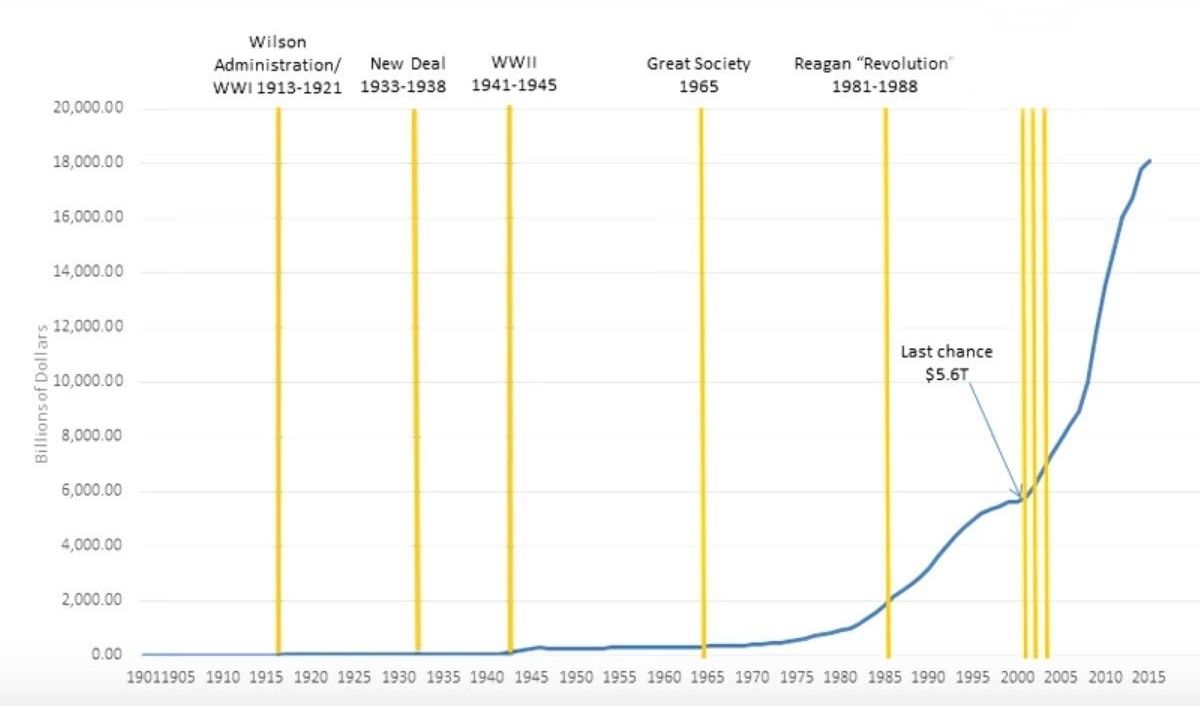Jul 7, 2018
Billionaire Ray Dalio: A.I. is widening the wealth gap, ‘national emergency should be declared’
Posted by Dan Kummer in categories: economics, employment, government, information science, robotics/AI
It’s amusing that these people know where this is headed, but arent interested enough to stop it.
The co-chief investment officer and co-chairman of Bridgewater Associates shared his thoughts in a Facebook post on Thursday.
Dalio says he was responding to a question about whether machine intelligence would put enough people out of work that the government will have to pay people to live with a cash handout, a concept known as universal basic income.

















